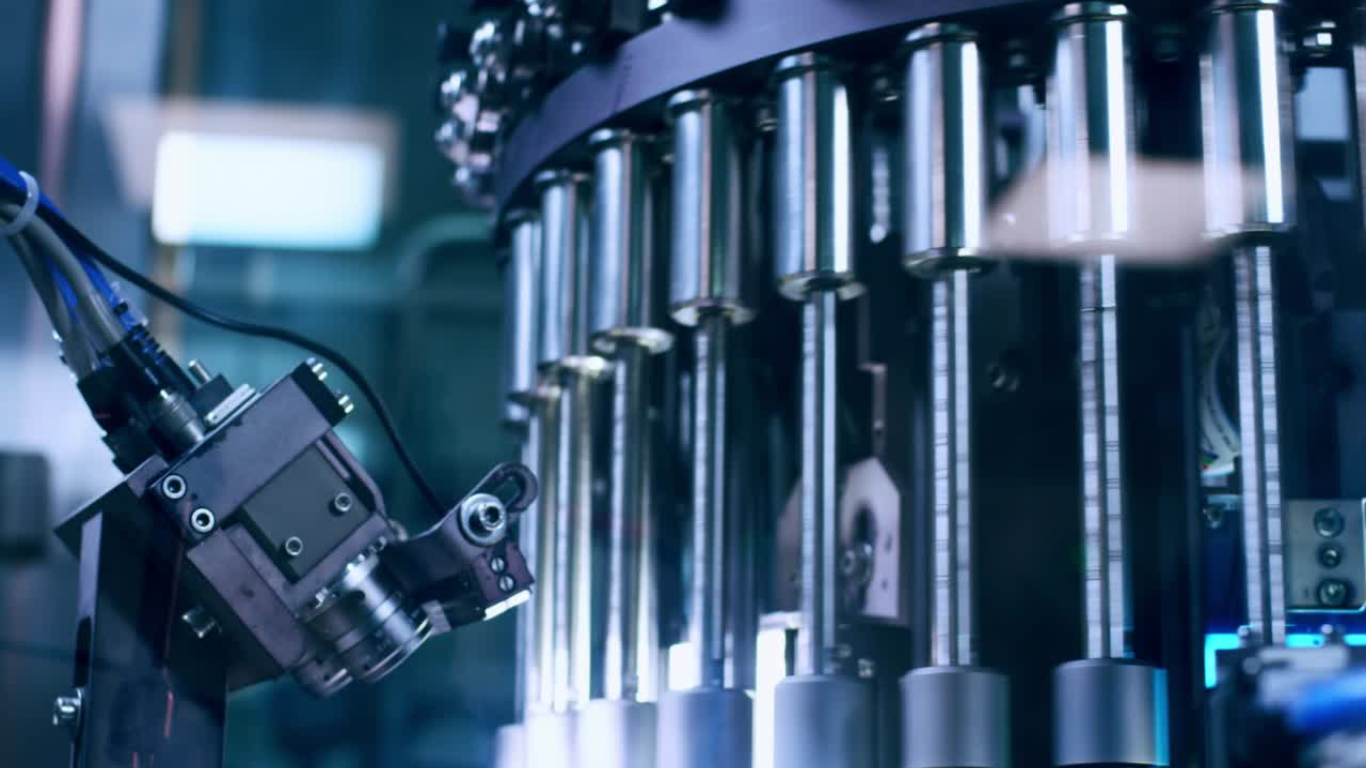
Failure Modes, Effects, and Criticality Analysis (FMECA)
Identifying and mitigating potential failure risks is essential for optimising asset reliability and reducing maintenance costs.
At MCP Consulting Group, we provide consultancy services in Failure Modes, Effects, and Criticality Analysis (FMECA) to help organisations develop a structured, risk-based approach to asset maintenance and reliability management.
MAINTENANCE PLANS SUB-CATEGORIES
What is
FMECA
FMECA is a systematic and structured risk assessment methodology that evaluates potential failure modes, their effects, and the criticality of each failure to prioritise maintenance actions and improve equipment reliability. It helps organisations proactively address asset failure risks by identifying the likelihood of failure, severity of impact, and recommended preventive measures.
At MCP, we support businesses in conducting FMECA studies, integrating findings into maintenance programmes, and optimising asset management strategies to enhance operational efficiency and risk mitigation.

Key Objectives of
FMECA
Analyse how assets may fail and determine their operational impact.
1
Identifying Potential Failure Modes
Assessing the Criticality of Failures
2
Evaluate the likelihood and severity of each failure mode to prioritise risk management efforts.
Optimising Maintenance Strategies
3
Develop proactive maintenance plans based on failure risk assessment and asset criticality.
Implement risk-based maintenance strategies to prevent costly failures and enhance asset reliability.
4
Reducing Operational Risk and Downtime
Enhancing Compliance and Safety
5
Ensure maintenance activities align with industry standards and regulatory requirements to improve workplace safety.

MCP Approach to
FMECA
Structured Failure Analysis
MCP facilitates cross-functional workshops to conduct detailed failure mode assessments, ensuring a comprehensive evaluation of potential risks.
Risk Priority Number (RPN) Calculation
We help organisations determine failure likelihood, severity, and detection capability to assign a Risk Priority Number (RPN) for ranking and prioritisation.
Development of Proactive Maintenance Plans
Our consultants translate FMECA findings into actionable maintenance tasks, aligning with preventive, predictive, and condition-based maintenance strategies.
Integration with CMMS and Maintenance Systems
MCP ensures that FMECA data is incorporated into CMMS platforms, enabling automated work order prioritisation and resource allocation.
Continuous Improvement and FMECA Updates
We support businesses in reviewing and updating FMECA assessments periodically, ensuring maintenance plans remain aligned with changing operational and technological landscapes.

Maintenance Plans
Explore More
Speak to One of Our
Experienced Consultants
If you have any questions or would like to learn more about how MCP Consulting Group can support your organisation with FMECA and RCM, please get in touch with us.
Our team of consultants is ready to provide tailored solutions to enhance asset reliability, reduce maintenance risks, and improve operational efficiency. Contact us today to discuss your specific requirements.

FAQs
-
While both methodologies aim to identify potential failures, FMECA goes further by incorporating criticality assessment, allowing for better prioritisation of maintenance actions.
-
Manufacturing, energy, aerospace, healthcare, and automotive industries use FMECA to improve reliability, reduce failures, and optimise maintenance resources.
-
By identifying and addressing high-risk failure modes proactively, FMECA reduces unplanned downtime, repair costs, and unnecessary maintenance activities.
-
Yes, FMECA findings can be used to enhance preventive maintenance programmes, predictive maintenance initiatives, and CMMS work order prioritisation.
-
FMECA should be reviewed regularly or when operational changes, new assets, or emerging risks require reassessment.
-
FMECA uses a detailed analysis to identify potential failure modes within a system, analyse their effects on system performance, and prioritise them based on their severity, occurrence, and ease of detection.
RCM is a structured process used to determine the most effective maintenance strategies to ensure that systems continue to perform their intended functions.
Both methodologies are valuable in their own right and can be used complementarily to enhance system reliability and maintenance efficiency.














